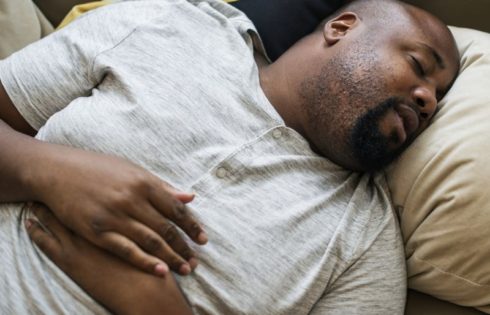
Timothy Oyomare
You need sleep for the healing and repair of your organs, including your heart and blood vessels. We grow muscle and even increase secretion of certain hormones during sleep.
Most of the major risk factors that age your heart — such as high cholesterol, obesity, and high blood pressure — are well-known. But one factor is often overlooked: too little sleep.
All of us need between eight to 10 hours a night. With less than that, your body will be under constant stress, which leads to high blood pressure and heart disease.
Unfortunately, most people say that the quantity and quality of their sleep diminishes as they get older. It doesn’t have to.
Most people have habits that work against getting a full night’s sleep. And when they change them, they find that elusive slumber they crave.
Here are some tips for better sleep:
- Get checked for obstructive sleep apnea. If you snore, it’s possible you have this common sleep disorder, which stresses the heart and is linked to high blood pressure, heart disease, and other ailments.
- Go to bed and wake up at the same time every day. Your body performs best with a predictable lifestyle.
- Wind down before bed. Stay away from computers and TV; read a book, turn the lights down, and your sleep cycle will return to normal.
- Banish your laptop and smartphone from the bedroom. The “blue light” from these devices may disrupt your body’s sleep-wake cycle.
- Avoid caffeine. Don’t drink coffee or caffeinated tea after 5 p.m.; or, if you’re sensitive to it, earlier.
Well, insufficient sleep can make you feel tired, irritable, and unable to concentrate.
Sleepiness in older people can also increase the risk of potentially serious falls. What’s worse, sleep issues have been linked to many health concerns and even accelerated aging.
This should be particularly concerning to anyone in mid-life or older. Sad to say, however, many older people fall victim to the third vicious myth.
-Medix

